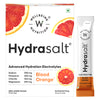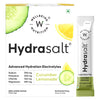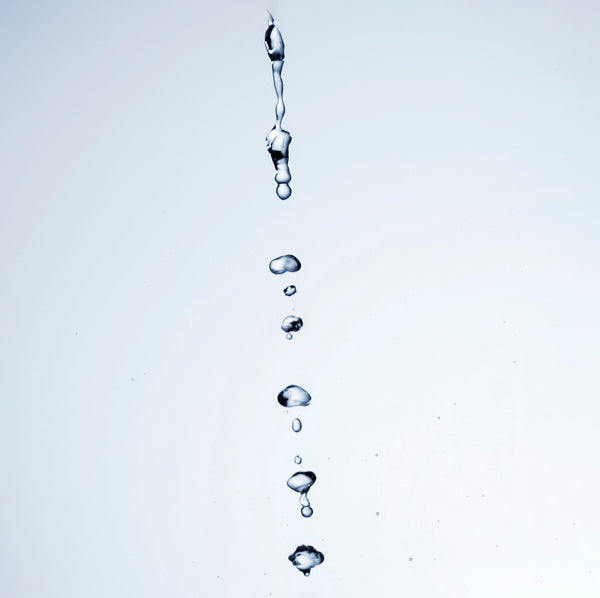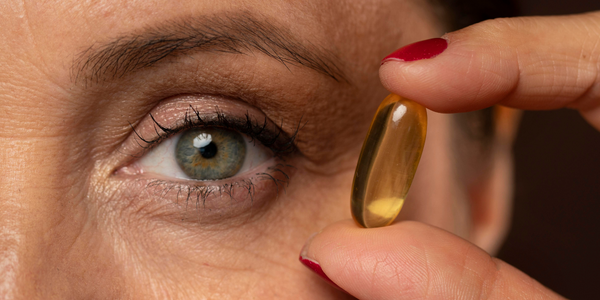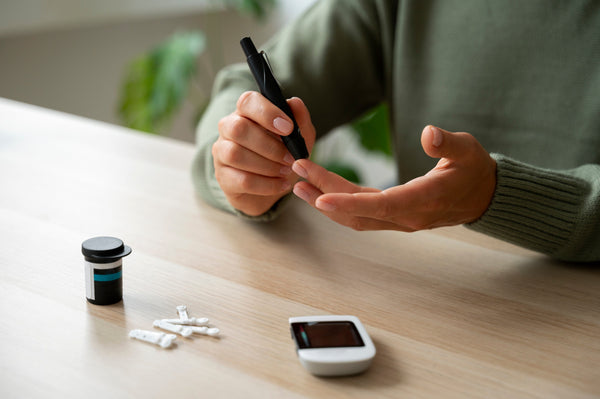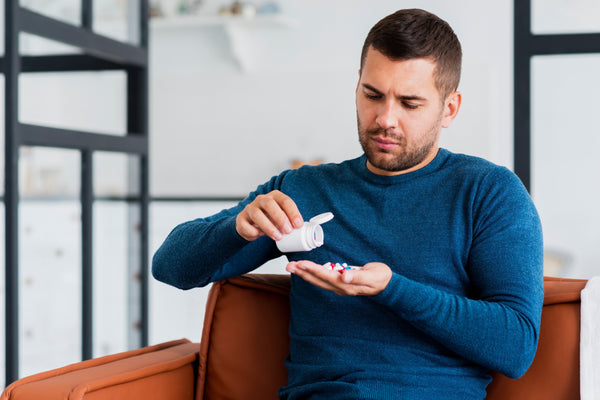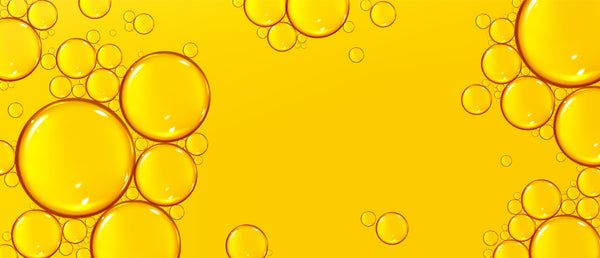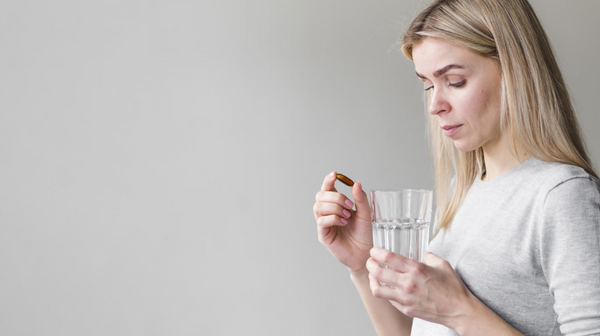Staying hydrated isn’t just about sipping water when you feel thirsty—it’s about maintaining a delicate balance your body depends on to function optimally. Dehydration can creep up silently, starting with subtle cues and eventually leading to symptoms that affect everything from your mood to your heart rate. The truth is, by the time you feel thirsty, you might already be dehydrated. That’s why understanding the signs and symptoms of dehydration is essential for anyone who wants to feel and function their best.
Understanding Dehydration
At its core, dehydration occurs when your body loses more fluids than it takes in through sweat, urine, breathing, or even crying. But it’s not just about water. Your body also loses essential electrolytes, like sodium, potassium, and chloride, that help regulate everything from muscle function to nerve communication.
When these fluid levels dip, it’s like running a car on empty: your body starts to sputter, sending out signals that something’s off.
What Causes Dehydration?
Dehydration doesn’t always come from extreme conditions. It can result from everyday habits or environments:
-
Hot, humid weather
-
Intense physical activity
-
Inadequate water intake
-
Illness (fever, vomiting, diarrhea)
-
Excess caffeine or alcohol
-
Certain medications or health conditions
Even something as routine as a long meeting, skipping lunch, or forgetting your water bottle can tip the balance and lead to dehydration.
Common Symptoms of Dehydration
Dehydration doesn’t look the same for everyone, and its symptoms can vary depending on severity. But here’s what to watch for:
Early Indicators
These are the whispers your body gives before things escalate:
-
Dry mouth or a sticky feeling in the mouth
-
Mild headache or fatigue
-
Dark yellow urine or reduced frequency of urination
-
Lightheadedness when standing
These common dehydration symptoms may not feel alarming at first, but they’re your body’s gentle nudge to hydrate.
Moderate Symptoms
When dehydration progresses, symptoms become harder to ignore:
-
Dry, flaky skin or decreased skin elasticity
-
Muscle cramps or weakness
-
Irritability and difficulty concentrating
-
Rapid heartbeat
-
Dizziness
At this stage, replenishing fluids and electrolytes becomes crucial. Plain water might not be enough—your body needs a strategic blend of hydration and replenishment.
Signs of Extreme Dehydration
In severe cases, dehydration can be dangerous. Watch for:
-
Confusion or disorientation
-
Rapid breathing
-
Sunken eyes
-
No sweat or tears, even in emotional situations
-
Very dark or no urine
-
Fainting
These signs of extreme dehydration may require immediate medical attention. It’s your body’s way of waving a red flag.
Effects of Dehydration on the Body
Dehydration doesn’t just make you feel sluggish—it impacts your entire system in surprisingly profound ways.
Physical Impacts
When you're even mildly dehydrated, blood volume decreases, which means your heart has to work harder. [NIH] Muscles fatigue faster. Joints lose lubrication. And you might feel your body slowing down, even if you’re just walking across a room.
Long story short? Physical performance takes a hit, whether you’re training at the gym or trying to power through a long day at work.
Cognitive and Emotional Effects
Hydration affects your brain, too. When your body lacks fluids, it’s harder to think clearly, focus, or manage stress. You might feel foggy, moody, or anxious without realizing why.
Even a 1-2% decrease in hydration can impair cognitive function. [NIH] That’s a tiny margin with a big impact.
Long-Term Health Consequences
Chronic dehydration can take a toll on your organs, particularly your kidneys, which work overtime to filter waste when fluids are low.[NIH] It can also contribute to urinary tract infections, kidney stones, and even digestive issues like constipation.
So, if you’re consistently experiencing symptoms of dehydration, it’s time to make hydration a priority.
Preventing Dehydration
Dehydration might seem like something that happens only after intense workouts or long hours in the sun, but the truth is, it can sneak up on anyone, anytime. The key to preventing it is consistency: creating daily habits that prioritize hydration long before the symptoms show up.
Here’s how you can stay ahead of it:
Don’t wait until you're thirsty
Thirst is a late signal. By the time you feel it, your body’s already playing catch-up. Get in the habit of drinking water regularly throughout the day—even during cooler months or sedentary days when you might not feel the need.
Prioritize hydration first thing in the morning
After 7–8 hours of sleep, your body wakes up slightly dehydrated. Starting your day with a glass or two of water helps kickstart your system and supports digestion, focus, and energy levels.
Replenish wisely after sweat or sickness
When you sweat, you’re not just losing water, you’re also losing essential electrolytes like sodium and potassium. This is especially important after workouts, time in the sun, or episodes of vomiting, fever, or diarrhea. In these moments, plain water might not be enough. Hydration solutions with science-backed electrolyte blends like those formulated to combine sodium, potassium, and chloride can support more effective rehydration, especially when crafted with clean, no-junk ingredients.
Eat your water
Fruits and veggies like watermelon, cucumber, oranges, and celery are rich in water content and can contribute meaningfully to your hydration levels. Think of them as edible hydration boosters.
Monitor your environment and lifestyle
Hot, dry climates, high altitudes, air travel, caffeine, alcohol, and certain medications can all increase your fluid needs. So can breastfeeding, intense mental activity, and even stress. Be mindful of the hidden ways your body might be losing more than it’s taking in.
Make hydration part of your wellness rhythm
Whether it’s during your morning ritual, between Zoom calls, or after a gym session, build hydration checkpoints into your day. This intentionality can go a long way in supporting better energy, clearer thinking, and fewer dehydration-related symptoms.
Conclusion
Your body’s hydration status affects nearly every system, from your skin and muscles to your mood and mind. Understanding the signs and symptoms of dehydration allows you to intervene early and avoid more serious consequences. Whether you’re noticing common dehydration symptoms or wondering about the effects of dehydration on the body, the takeaway is simple: stay ahead of it.
Hydration is a daily ritual—one that deserves attention, intention, and quality. Because when your body is well-hydrated, it shows up for you. In your energy. Your focus. Your resilience.
So the next time you feel a little off? Reach for water—and something more. Something designed to restore, replenish, and elevate your hydration from the inside out.
FAQS
1.What are the first signs of dehydration?
The earliest signs of dehydration often include a dry or sticky mouth, mild headache, fatigue, dark yellow urine, or feeling lightheaded. These subtle cues are your body's way of nudging you to drink up before things escalate.
2.How does dehydration affect mental performance?
Even mild dehydration can affect your ability to concentrate, think clearly, and manage stress, often leading to brain fog, irritability, or mood swings without you realizing dehydration is to blame.
3.How much water should I drink daily?
There’s no one-size-fits-all number, but regularly sipping water throughout the day, especially when you wake up, after physical activity, or in hot environments—helps keep you ahead of dehydration.
4.Are there foods that help with hydration?
Yes, hydrating fruits and veggies like watermelon, oranges, cucumber, and celery are rich in water content and support your fluid intake as tasty, edible boosters.








